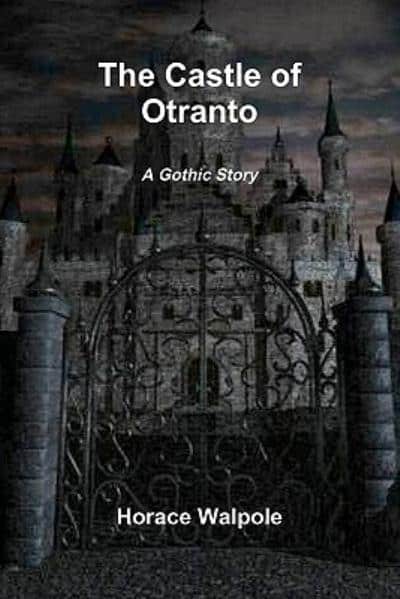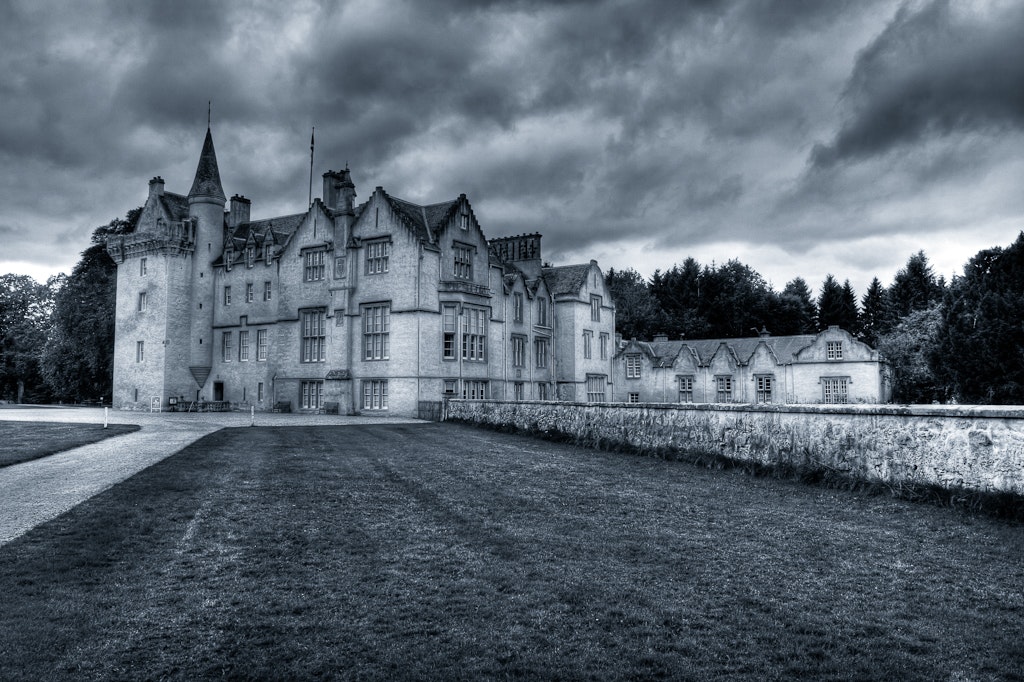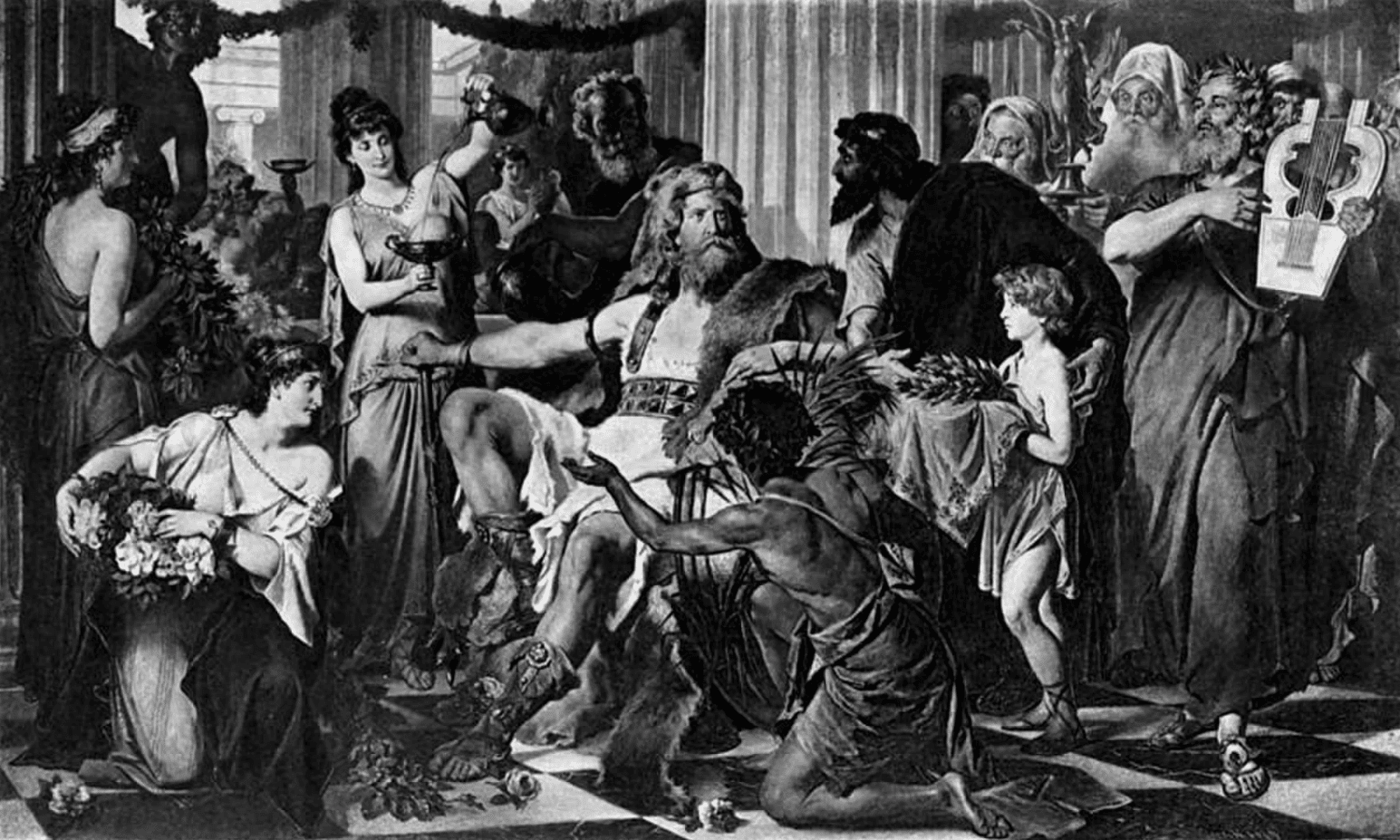
I spend most of my life on the internet, largely out of choice – it keeps me from having to interact down here in Meatworld too often, after all. It is funny how I have managed to turn the internet into a modern-day recreation of my bored teenaged years too – instead of channel-surfing into the wee hours, continually flicking through different stations to fine something that catches my attention, I sometimes feel as if I get into a mad OCD-like cycle on the internet instead.
This sees me continually returning to bookmarked pages for blogs, TV shows and articles like some kind of Pavlovian dog, in the hope of turning up something that wasn’t published five minutes ago when I last did the rounds. Consequently, I have ended up with a hugeeeee list of websites, pages, articles and shows bookmarked to come back to “later” at some undetermined future point, when I have the attention span or frame of mind in place to appreciate what I am doing.
If you too find yourself cycling around the internet checking out the same old links, haunts and websites, let me rescue you right now.
In this blog post I’m going to share links and intros to four Goth-related online long reads to inform and entertain that are definitely worth checking out, or bookmarking and saving for later to ward off a future bout of boredom.
The Origins of the Gothic (Gothic literature)

Gothic literature is a hugely popular genre among both those of us who wear a lot of black and don’t get up until the sun’s gone down, and also, err, pretty much everyone else too.
However, the term “Gothic” means so many different things to different people today, that a surprisingly large number of people don’t even recognise the connection between what we think of today as the Gothic subculture, and the culture’s origins in literature, archaeology, and of course, the Visigoth and Ostrogoth people who helped to bring down the Western Roman Empire and spoke their own almost-dead language.
This online long read published by the British Library serves as an introductory primer to Gothic literature and the origins of the Gothic, from the advent of the genre in the 18 th century to its entry into mainstream consciousness and appeal during the Victorian era.
It also talks in more detail about a number of well-known popular Gothic novels, including The Castle of Otranto and Dracula – so if you are looking for a new tome to add to your reading list, this would also be a good piece to check out.
How Gothic Buildings Became Associated with Halloween and the Supernatural

Gothic architecture is probably what most semi-educated folk think of when they think of Gothic, but have you ever wondered how and why a particular style of architecture became the inspiration for a whole subculture and why this type of style is associated with ghosts, monsters, and things that go bump in the night?
Well wonder no more, simply read this short history of “How Gothic Buildings Became Associated with Halloween and the Supernatural,” and all of your questions will be answered. This article provides a potted history of British Gothic architecture, weaving together the threads of archaeology, theology, society and public consciousness to explain and expand upon the history of the genre.
The Witch in Popular Culture

The humble witch has as long, varied and diverse a history as Goth itself – as expanded upon in this article/opinion piece from the Independent online entitled “Hag, Temptress or Feminist Icon? The Witch in Popular Culture.”
This piece expands upon the origins of the usage of the word witch, and society’s simultaneous distrust of and fascination with witches – which for many eras, was a title simply allocated to independent unmarried women with one too many cats, or err, me.
Ranging from fairy-tale witches of yore to the varied and continually evolving usage of the word witch, including its relationship to feminism and the allocation of the title “witch” to both empower and disempower women, this piece is probably my favourite long read of all.
Who Were the Goths?

Finally, let’s call this “ancient Goth history 101,” or an introduction to the historical Goths from whom our current subculture took its name. This long read from LiveScience attempts to answer the question of who the Goths actually were, examining in more detail the culture, background and migration of the aforementioned Visigoth and Ostrogoth peoples.
So basically our adopted ancestors spent a reasonable amount of their time kickin’ ass and takin’ names, and ultimately, changed the political outline of our map of the world thanks to their warmongering ways, including helping to bring about the fall of the Roman Empire.
If you’re into your history and don’t know the tale already, I advise you to check this piece out – or if you normally find history dull and dry, read it anyway because it’s actually pretty interesting. In my opinion.


1